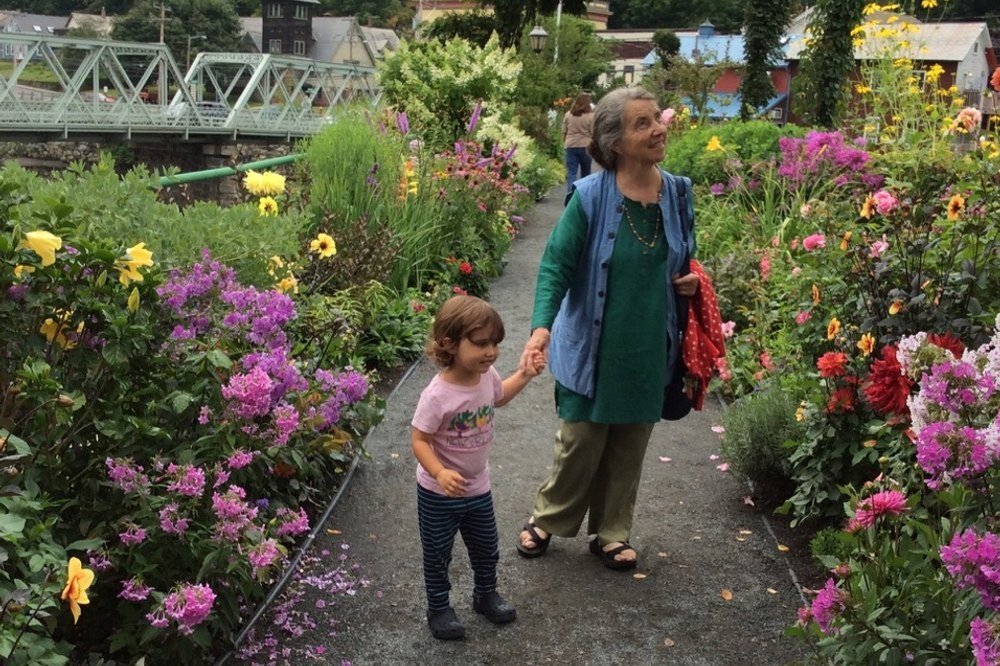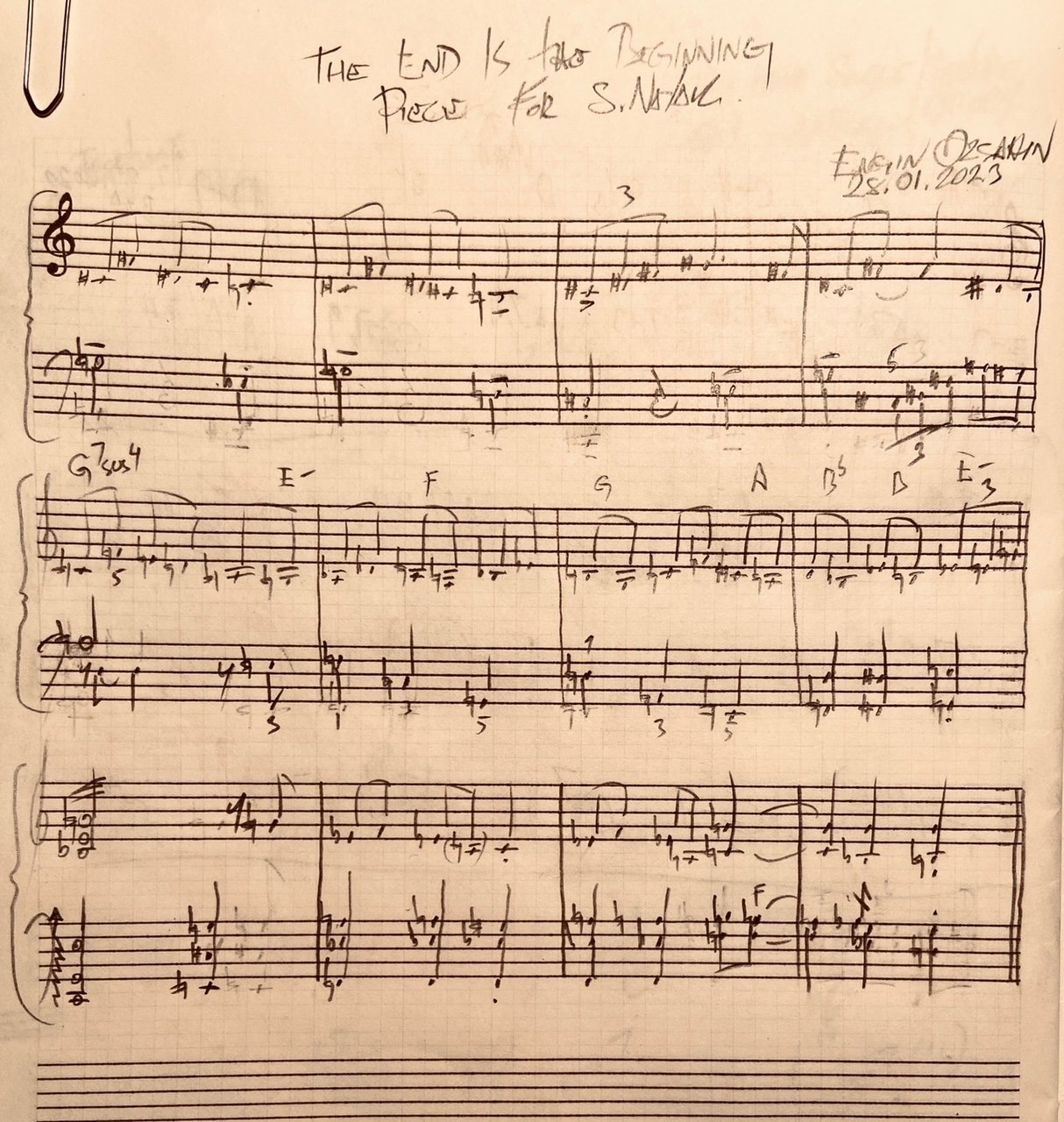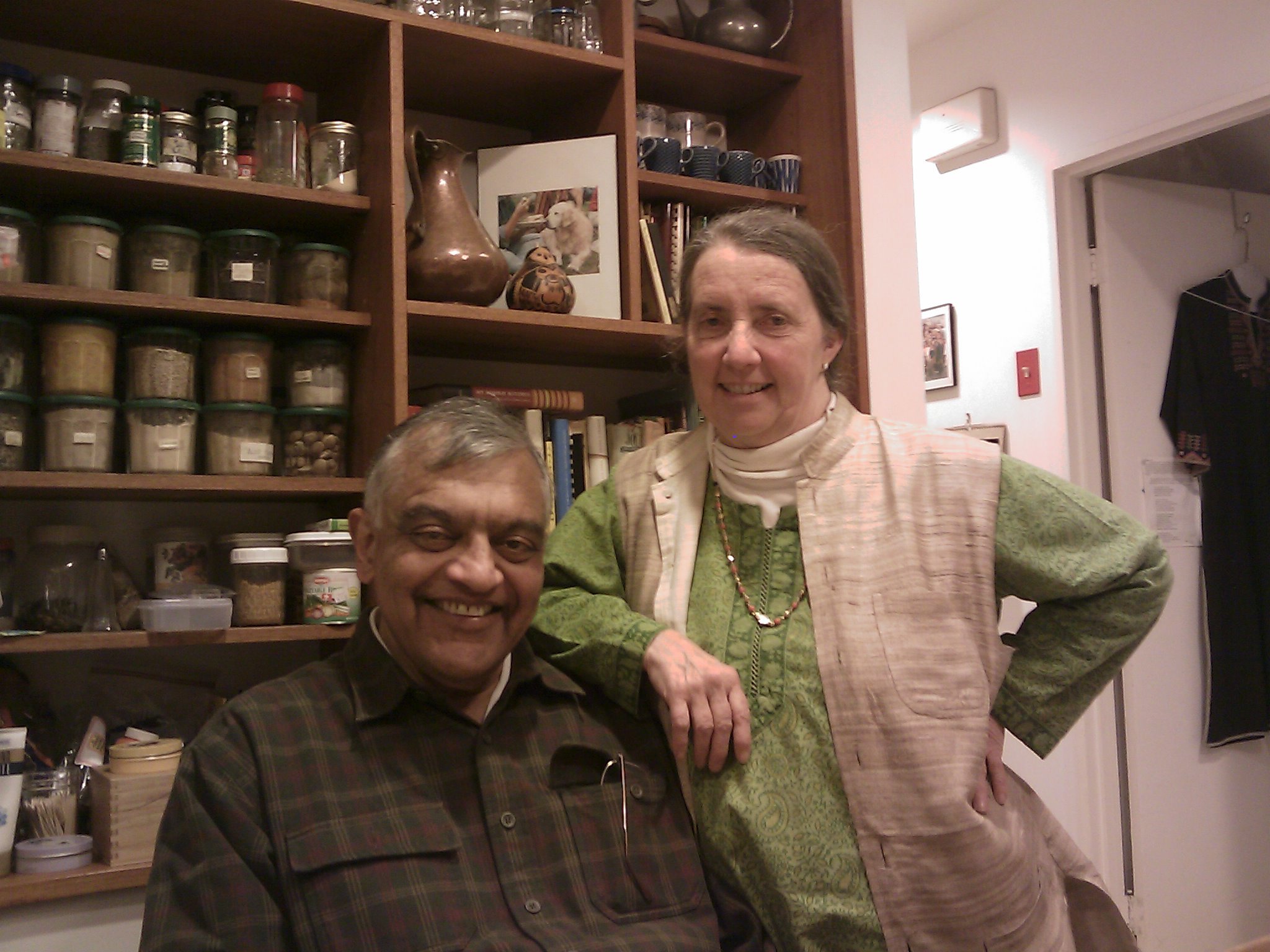
SanDy’s Legacy
This page Is devoted to my wife Sandy and her work and contributions to the world.
Sandra (Tompkins) Nayak
June 9, 1945 ~ December 9, 2021 (age 76)
Sandy, as she was known to all, was born in Media, PA on June 9th, 1945, to Howard and Elizabeth (Betsy) Tompkins. The eldest of four sisters, she enjoyed a vibrant childhood rich with family – her maternal grandmother was a constant presence; music – she played the cello in a string quartet with her sisters; education, and travel. Her parents’ practice of hosting friends and strangers alike at their table would have a deep and lasting effect throughout Sandy’s life.
Possessed of an innate intellectual capacity, a no-nonsense attitude, and curiosity tempered by core Quaker values of integrity, equality, simplicity, community, stewardship, pacifism, and truthfulness, Sandy grew to be a true student of the world. She attended her beloved Verde Valley School in Sedona, Arizona, for two years, enjoying many adventures, practical lessons and interdisciplinary academics. After highschool she went on to study anthropology and archaeology at Radcliffe/Harvard in Cambridge, MA, participating in archaeological digs in Wyoming and elsewhere in the western U.S. She graduated Summa Cum Laude in 1967.
She was by now engaged to her Indian fiancée, Ranganath, whom she had met at an Israeli folk dance in Cambridge.
“I went, opened the dance hall door, and felt shy and bewildered, never having asked anyone to dance with me, and surprised that what I saw was unlike any folk dance I had seen in India. Suddenly, a petite, barefoot young woman in a white dress came running up to me and said, "Would you like to dance?" I said I didn't know how to. She said, "I will show you", grabbed my hand, and led me on to the dance floor.”
- Ranganath Nayak
Read Our Tribute to
Sandy Tompkins Nayak
In the Words of Her Family. Her Friends, and Herself.
Ranganath Nayak and Lakshmi Nayak, Editors.
On March19, 2022, The Unitarian Universalist Church in Belmont, Massachusetts hosted a Memorial Service for Sandy. The host was the Minister of the church, the Rev. Chris Jablonski. The speakers were chosen by the family, but the words they spoke were their own. The music and photos were provided by the family. The overall Masters of Ceremony were Ian Garvie, Anand Nayak, and Lakshmi Nayak. The service was hosted on Zoom. Over 400 people from all over the world attended. Here is the recording.
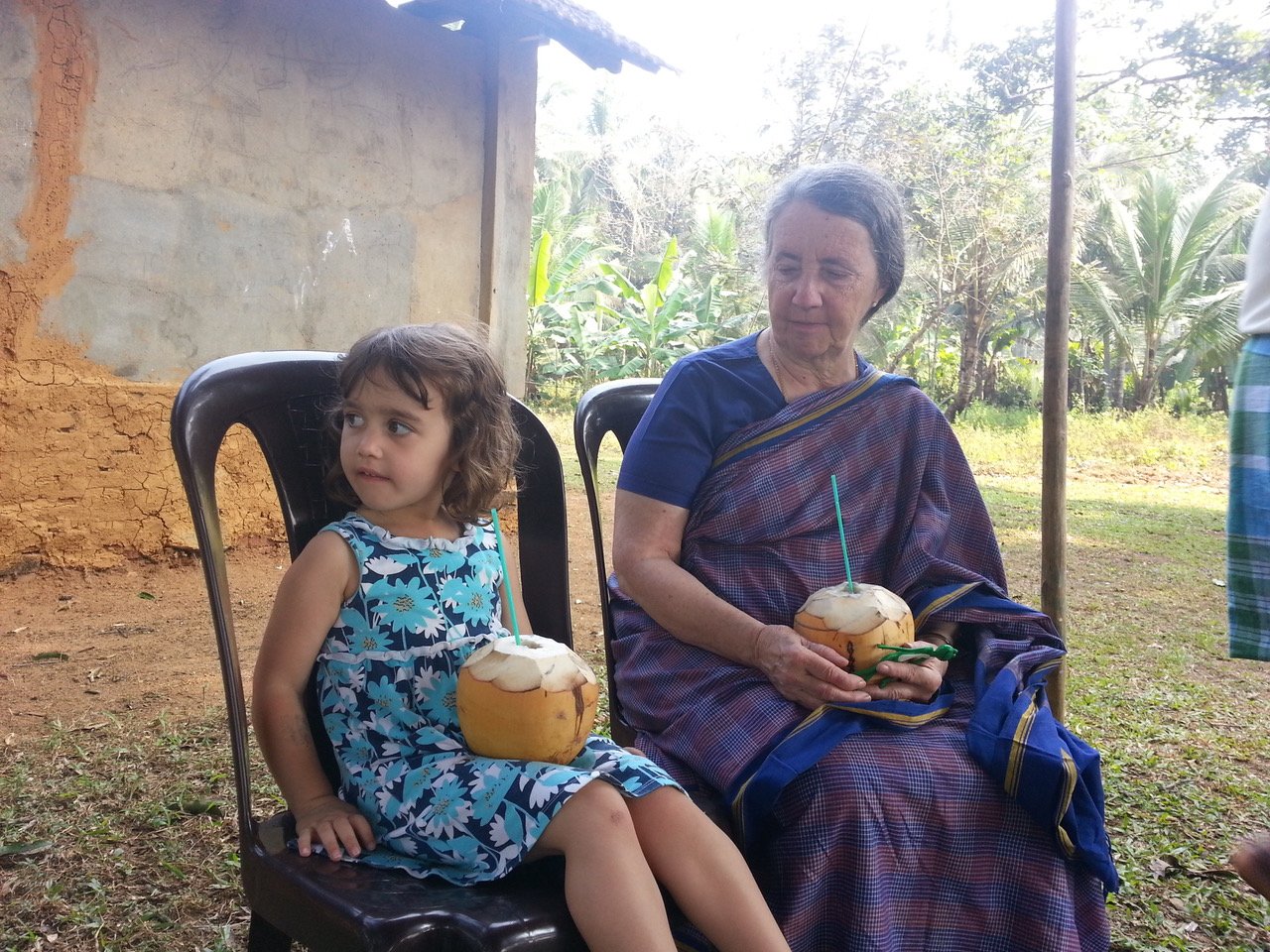
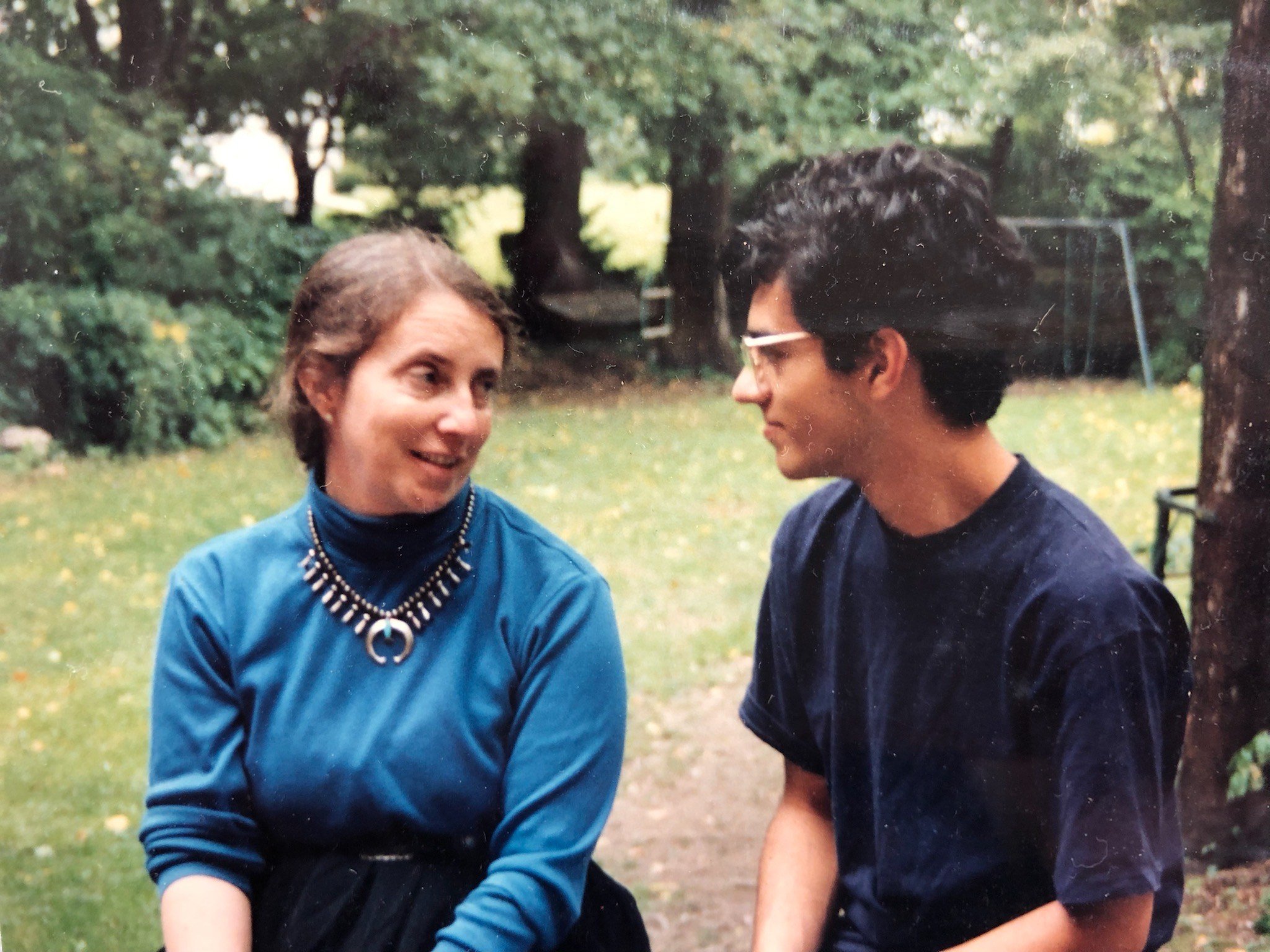
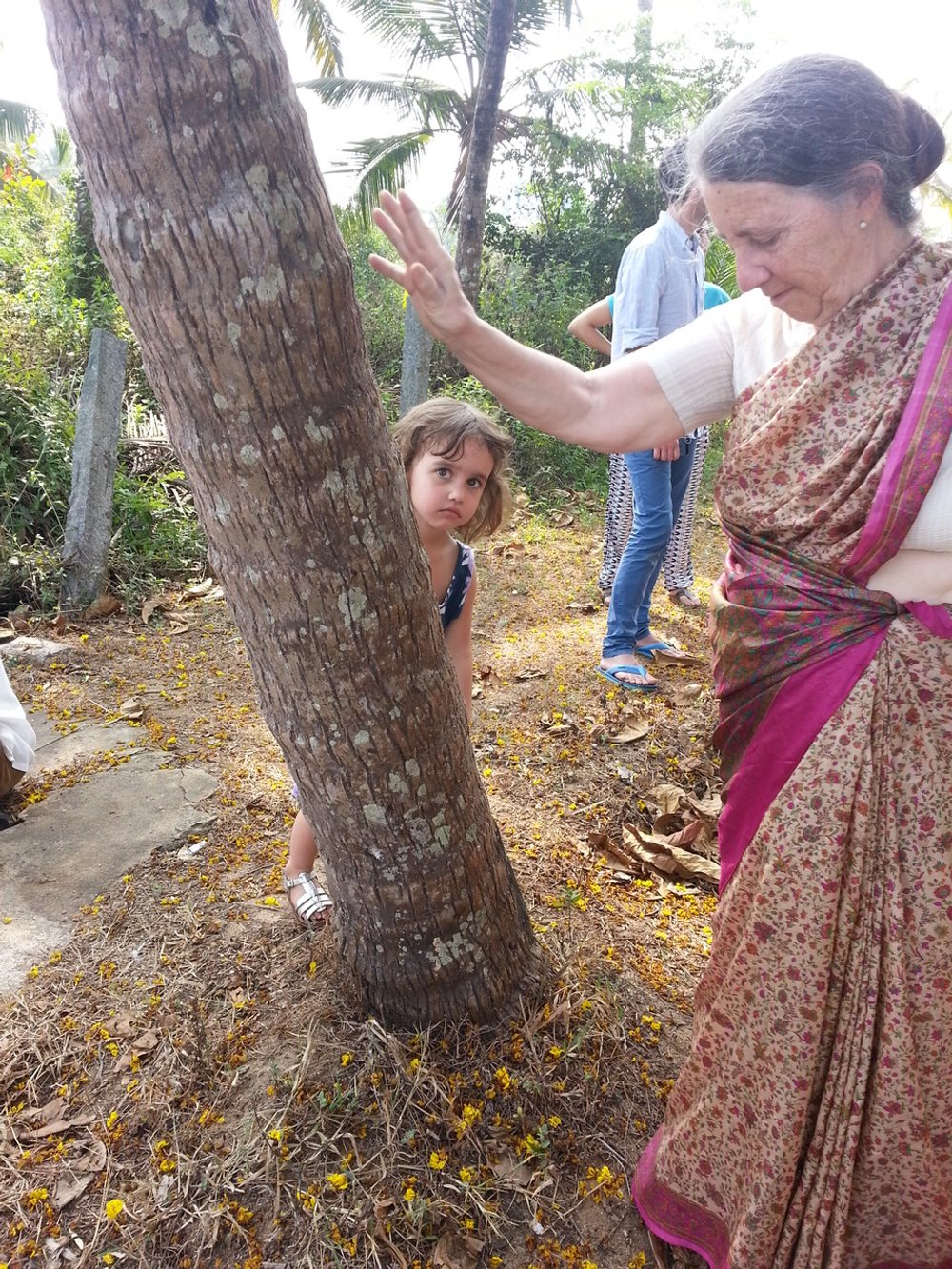
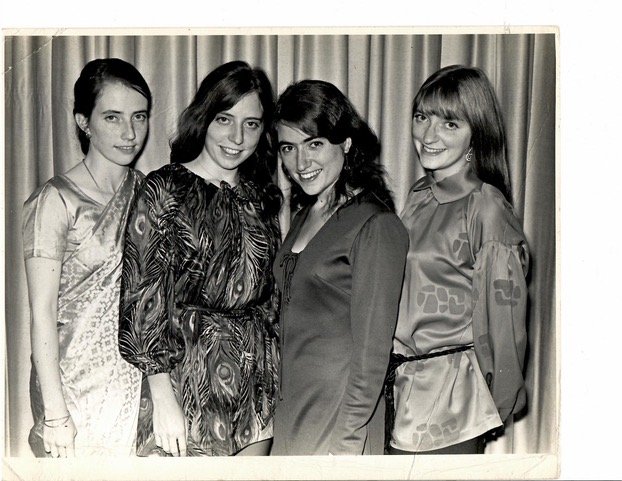
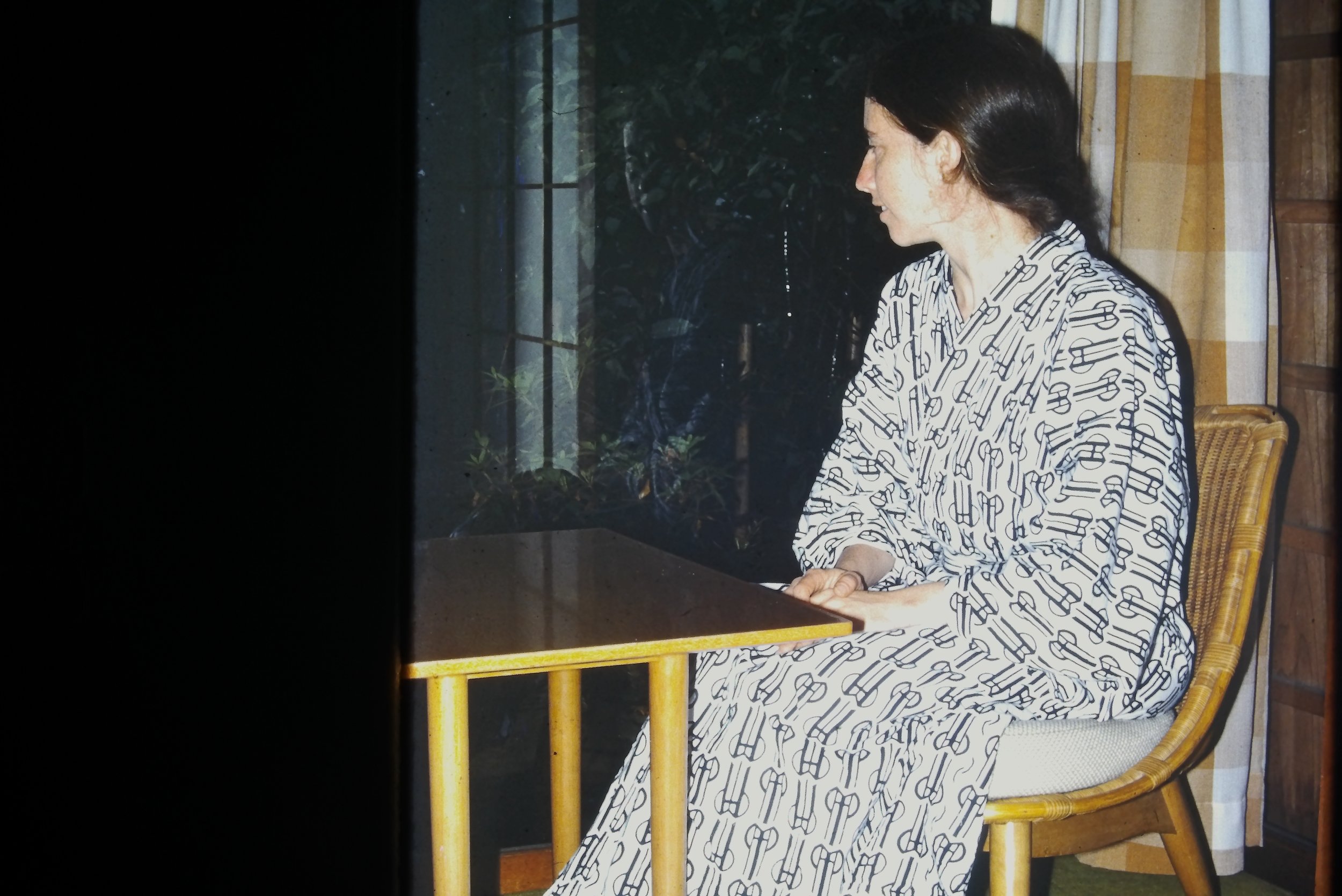
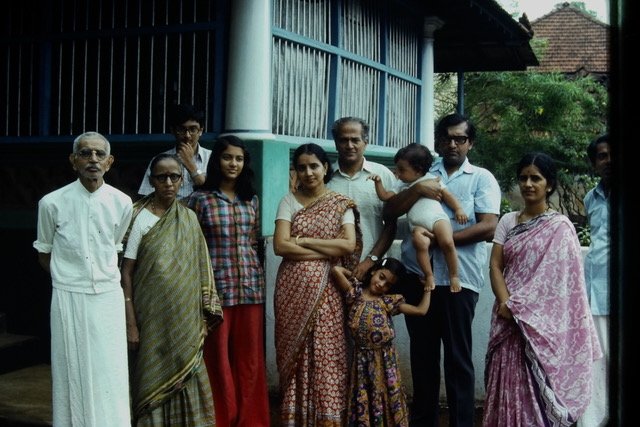

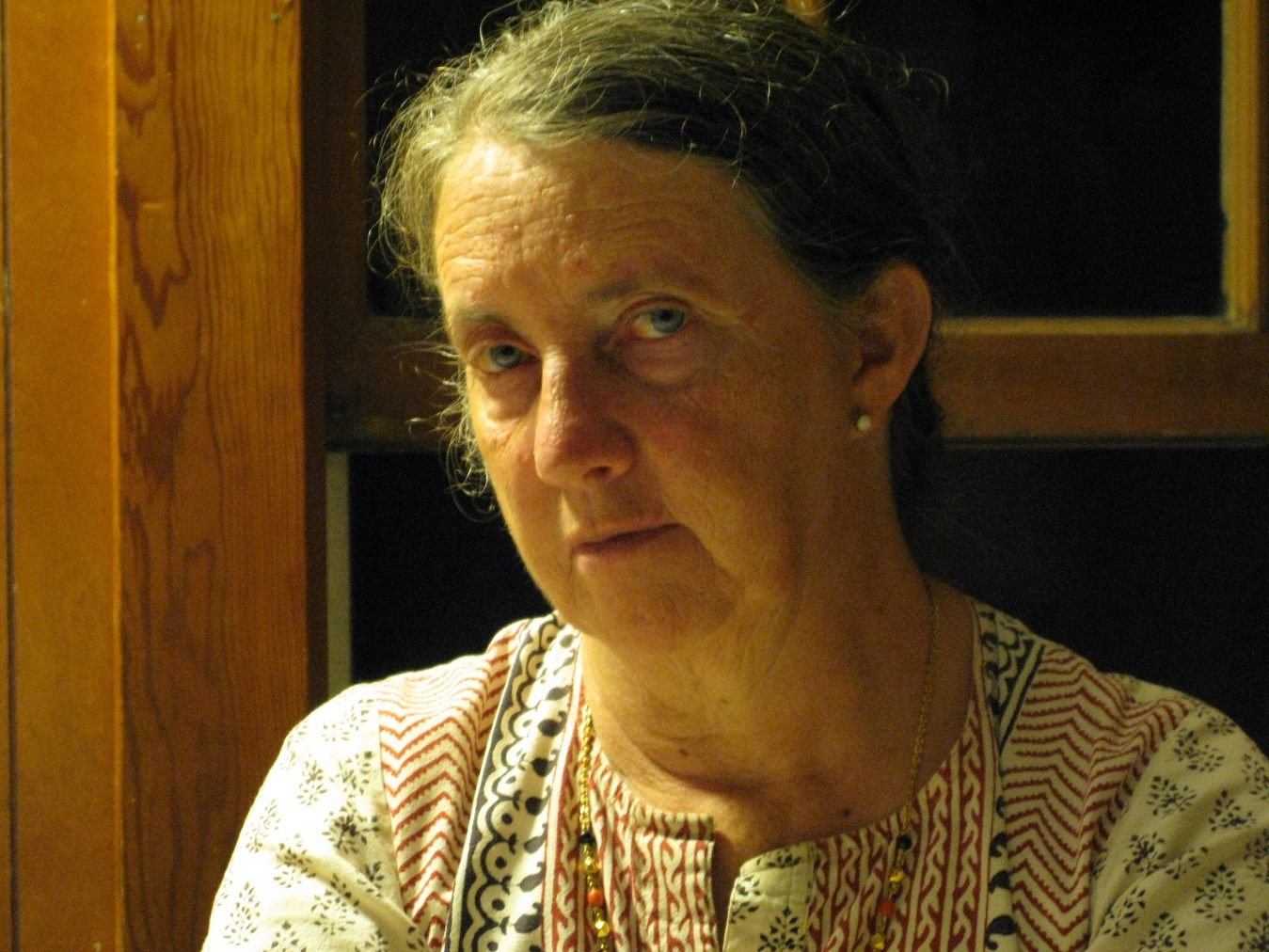
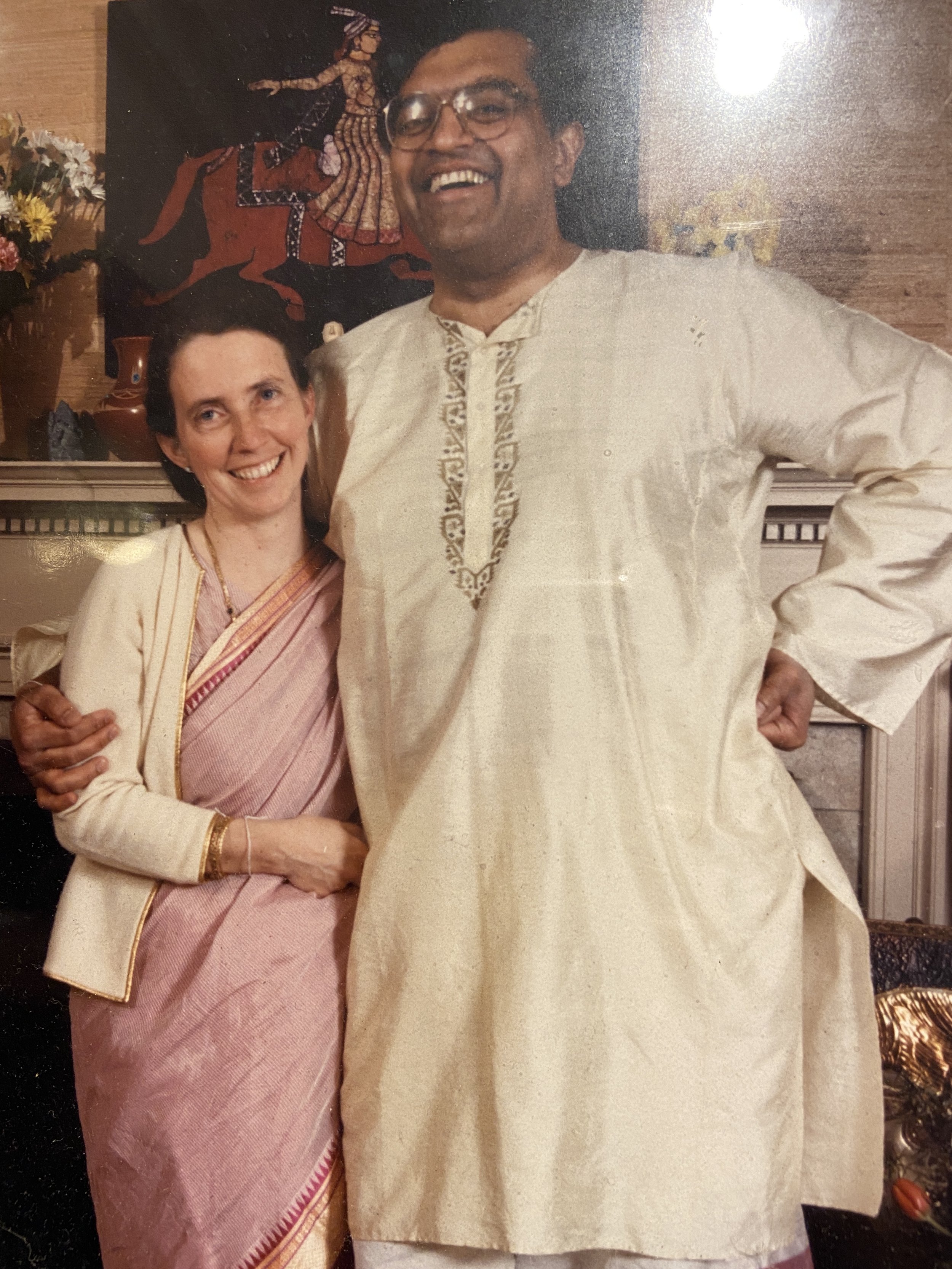

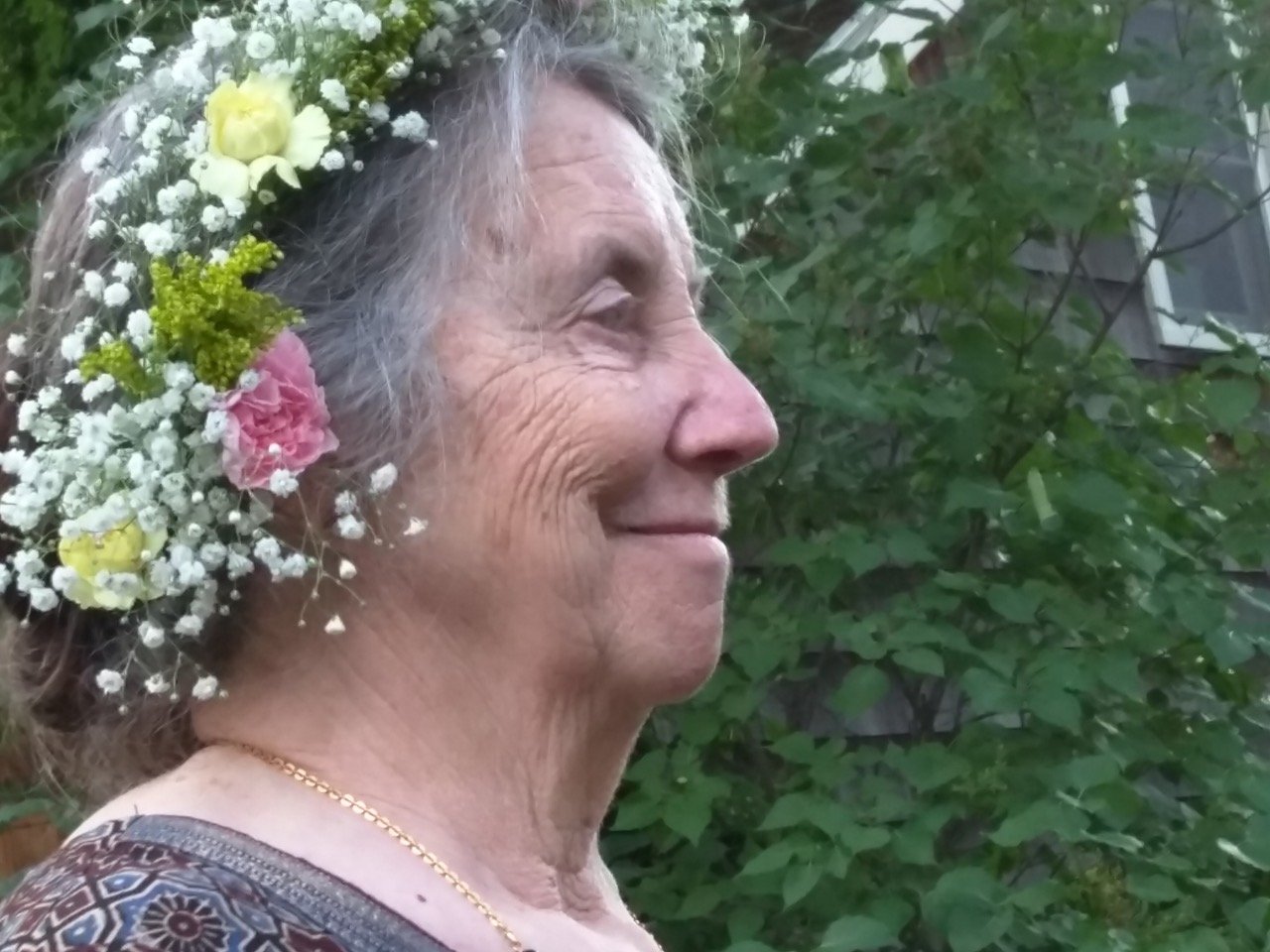

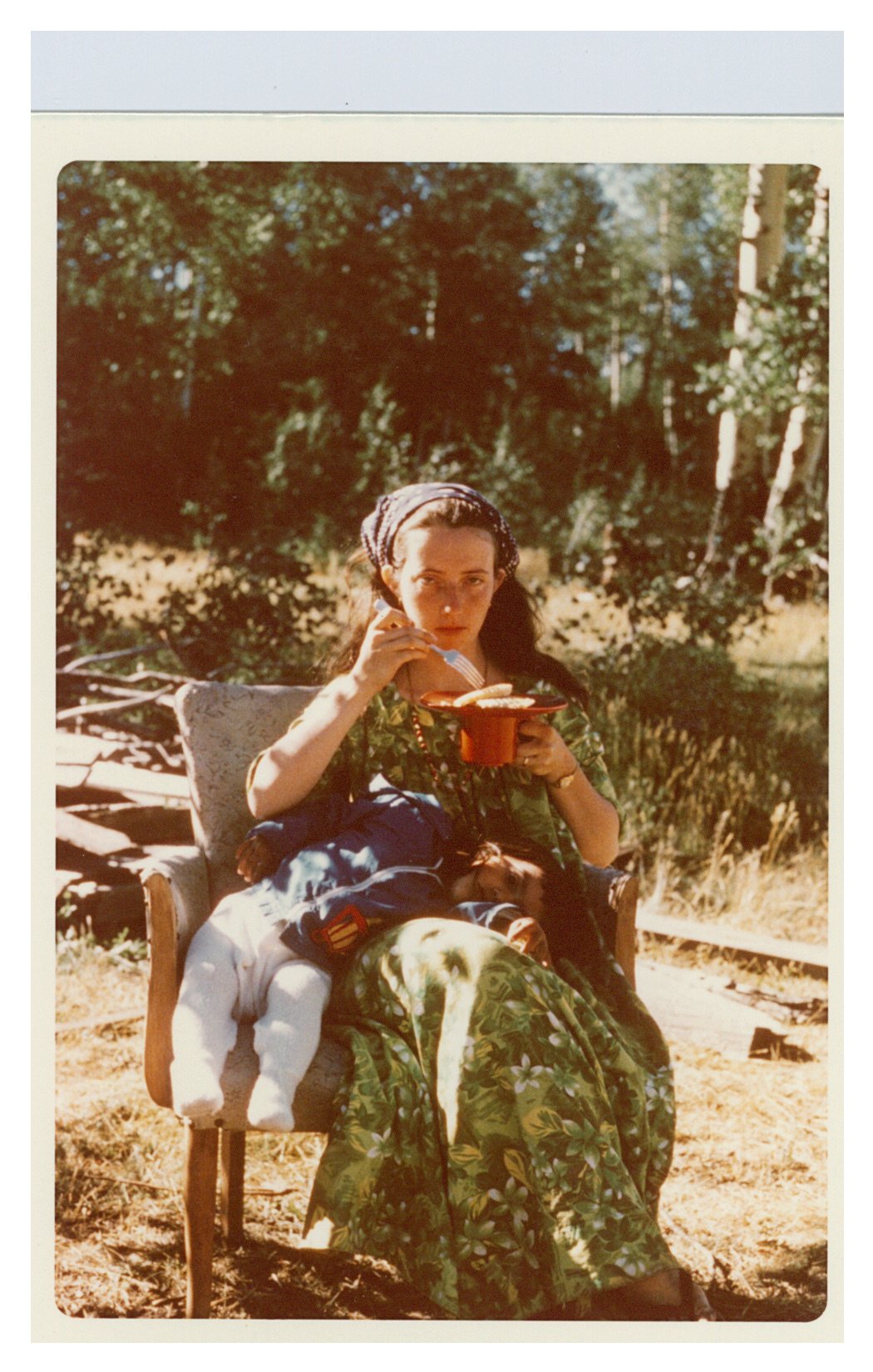
Sandy’s instinct for helping people by inviting them in and making them feel safe and comfortable was to become her hallmark.
A jazz piano improvisation composed by Engin Ozsahin for Sandy.
Sandy earned a Fulbright scholarship in order to go to India for a year to get to know the country and Ranganath’s family while he stayed in the USA to complete his studies. She was assigned to teach English at Allahabad University in Uttar Pradesh. As fate would have it, the students were on strike against the English language that year. Sandy, as was typical of her, made the best of it and spent the year traveling throughout India by third-class rail, experiencing and learning as much as she could. After returning to the U.S. she went on to earn an MA in social anthropology from Brandeis.
After living in Pune, India for several years in the early 1970s, Sandy and Ranganath returned to the U.S. and settled in Belmont, MA. There they set about raising their three children – Lakshmi, Anand, and Maya – and bringing the seeds of hospitality, inclusivity, and openness from Sandy’s childhood into full bloom. They ran an open house, acting as host-parents to a succession of international students, known as “the hostees,” which would grow over the decades into an international network of friends close enough to be family. It was a warm and welcoming place for many.
“It is rare to be in a house that belongs to people not immediately related to you, and be completely at home. To be at home to such an extent that even if you are visiting after a number of years, you know which drawer in the kitchen has the big pots, and where the tiny blue espresso cups that get pulled out only for big parties are stored. That wonderful sense of familiarity of sinking into a couch and knowing just how far down your body will go. Or what the evening meal is going to bring. Knowing too, that just like being in your own home, you can be your complete self – – no veneer of cautious politeness, no need to be on best behaviour. If you are feeling grumpy, it’s ok.”
- Suchitra Shenoy
Sandy was the seemingly tireless facilitator of what she would sometimes wryly call “the circus.” She welcomed new arrivals at the airport, bringing them instantly into the fold. She helped them find housing and furniture, supplied them with winter clothing, and provided transportation, food, conversation, care, and community to students, immigrants and travelers from all over the world. Before long the network included friends and relatives of the hostees, and eventually their partners and children.
Attracted by its music program, her children pulled Sandy into the Belmont Unitarian-Universalist congregation. Thereafter, for the next 40 years, Sandy poured her time and talents into making meticulously researched, historically accurate costumes for the church’s musical theater productions. She worked hand-in-hand with the music director as “backstage director” for the shows, teaching the children both how to move and hold themselves in a period-appropriate way and how to work together both on stage and off to make the productions hum. Her costuming talent and hard work led her to be involved in many theater programs at local schools. She firmly declined all suggestions to make money from her creativity, preferring instead to offer it as a community service.
Throughout her life, Sandy remained close to her parents and sisters and was lovingly involved in caring for all of them. She maintained close ties with her Indian family and friends. She was a loving mother, a devoted wife, and a doting grandmother, affectionately known as “Adi” to her grandchildren. Her big, brass cookie jar was almost always filled with her special recipe “Adi cookies”, and the sound of somebody trying to surreptitiously lift the bell-like lid was a constant.
In addition to her warm hospitality, Sandy is remembered for her love of children and helping them to learn and to grow, her generosity with her time, and her inexhaustible knowledge of history ”across space and time” as she put it, and of World religions, both of which she taught in courses at the Unitarian church. If she was in the room, as many have said, you did not need Google or Wikipedia. Just “ask Sandy.”
One of her favorite ways of sharing knowledge and caring for people of all ages was through story-telling. Throughout her life and travels she collected a vast store of personal experiences and stories to support her insights into the commonalities and connections of human existence. Invariably, if someone at her table was grappling with an issue, no matter how big or small, she would have a personal story to tell of a similar struggle she had faced or witnessed. Her face would light up, and she would commence with an exclamatory “Well! Of course there was the time…”
Sandy is survived by her loving husband, three children and their partners, beloved grandchildren, three sisters, one uncle, and a host of cousins, nieces, nephews, dear friends, and family-by-affection all over the world. With seemingly effortless cheer, Sandy put herself at the service of all, and rejoiced in the family and community she loved so dearly.




